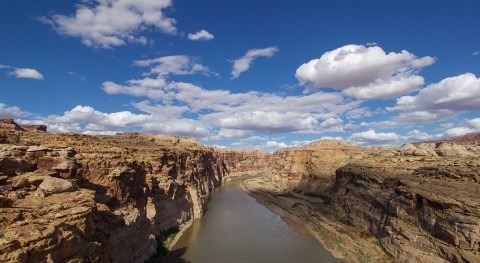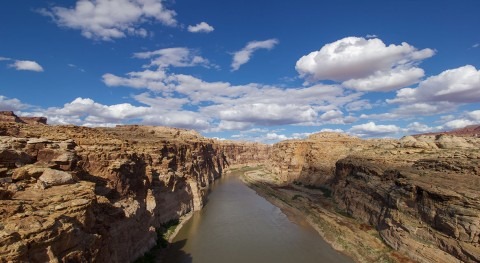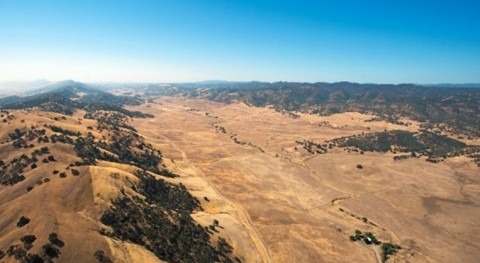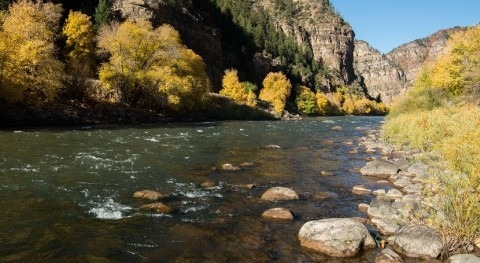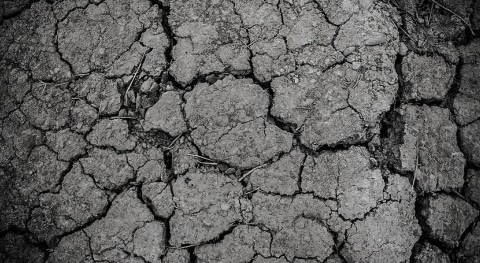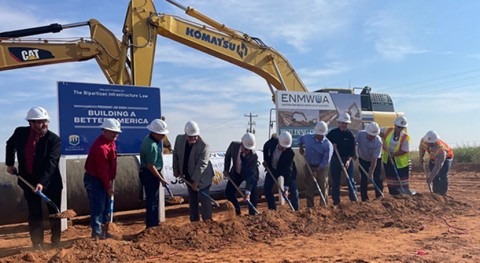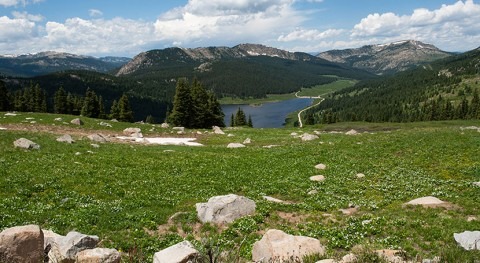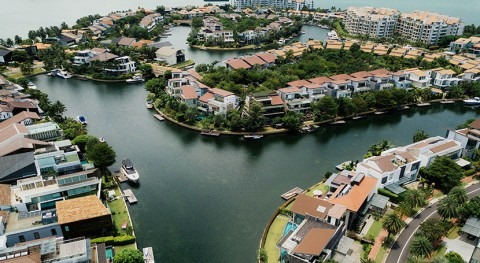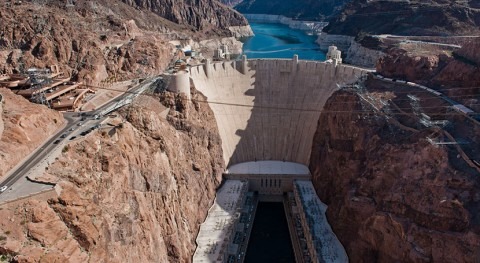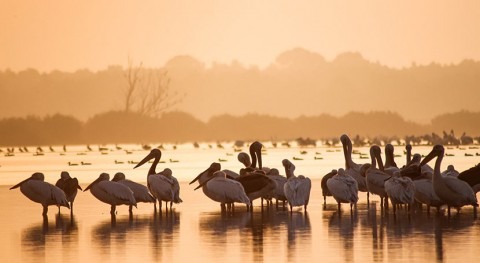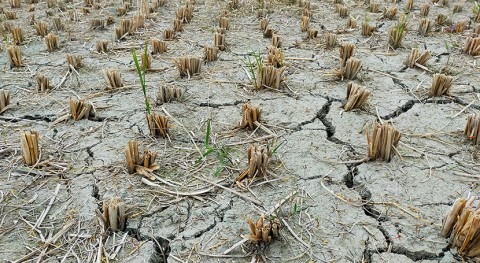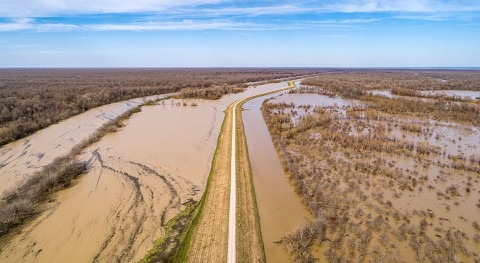The Bureau of Reclamation selected 22 projects to share $17.3 million in WaterSMART Water and Energy Efficiency Grants. These competitive projects improve water use efficiency, increase renewable energy production, reduce the risk of water conflicts, and provide other benefits that will enhance water supply sustainability in the Western United States.
"The projects announced are an example of the Biden-Harris administration's actions to help ensure we are using as many tools as possible to build resiliency and respond to the ongoing drought," said Assistant Secretary for Water and Science Tanya Trujillo. "The funding for these projects is an example of how the Bipartisan Infrastructure Law is supporting the Department of the Interior’s work to address the impacts of climate change by helping water districts become more efficient in water delivery."
"Conserving water is saving energy and helping Western communities become more resilient to drought," said Acting Commissioner David Palumbo. "Water and Energy Efficiency Grants provide communities with the necessary, cost-shared funding to modernize their existing infrastructure and conserve water for their communities and the environment."
The selected projects include:
- Lining and piping canals.
- Installing and upgrading water meters and timers.
- Installing solar to reduce power demand.
- Adding automated gate controls.
The Bard Water District, located in southern California near the Arizona border, will line a 1/2 mile section of the currently earthen upper Mohave Canal with concrete. The project is expected to result in annual water savings of 498 acre-feet, which is currently lost to seepage, evapotranspiration, and operational losses. Conserved water will remain in the Lower Colorado River System and can be used by other water users during drought years and in times of shortage, including the Quechan Indian Reservation. The project will also allow farmers to continue to work with the Natural Resources Conservation Service’s Environmental Quality Incentives Program to improve irrigation systems. The project will receive $484,340 with a total project cost of $968,680.
The Quincy-Columbia Basin Irrigation District in central Washington will line 2,500 feet of the earthen West Canal. The project will help address regional water reliability concerns, including drought, groundwater issues, and improved stream flows to assist salmon recovery. The project will receive $300,000 with a total project cost of $750,000.
The Lower Republican Natural Resources District in southern Nebraska will install near real-time telemetry equipment on 1,057 irrigation flow meters and other water management sensors for improved on-farm water management and reporting. In addition, the district will install eight solar-powered weather stations to collect evapotranspiration data to inform irrigation scheduling in the area. The project will receive $2,000,000 with a total project cost of $4,360,858.
This funding supplements the investments from the Bipartisan Infrastructure Law, which contains $400 million over five years for WaterSMART grants, including drought resiliency projects. In 2022, Reclamation is making $160 million available and will release other funding opportunities this spring. To learn more about how Reclamation implements the Bipartisan Infrastructure Law, please visit www.usbr.gov/bil.
For more than 100 years, Reclamation and its partners have developed sustainable water and power solutions for the West. This funding opportunity is part of the Department of the Interior's WaterSMART Program, which focuses on collaborative efforts to plan and implement actions to increase water supply reliability, including investments to modernize infrastructure.



